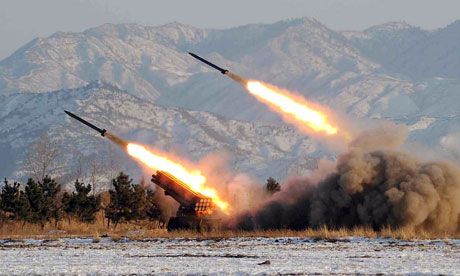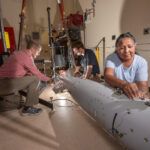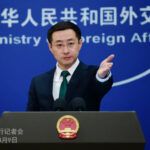Beware Korea—but which one?
By Lucien Crowder | March 13, 2018

Sometimes you can read a lot of news analysis—and I mean a lot—without encountering an idea that strikes you as truly fresh and exciting. But Tim Willasey-Wilsey, a former British diplomat writing at The Cipher Brief, produced just such an idea today. I’ll quote it:
For South Korea, the efforts of the past few weeks have been directed toward creating a joint position with North Korea to manage the dangers presented by an unpredictable government in Washington. This has meshed neatly with North Korea’s short-term objective; to extricate itself from the stranglehold of China, which (also fearful of a US strike) had begun to impose ever tighter sanctions. Thus the two Koreas have been working together to manage the threats from their respective global protectors.
For all I know, Willasey-Wilsey’s idea is not entirely original. But it’s new to me. And it’s delightful in its symmetry and surprise.
Most of Willasey-Wilsey’s article is actually devoted to a different observation—that most key players in the Korean Peninsula’s nascent rapprochement are intel types, not diplomats. When mortal enemies conspire to manipulate their powerful allies, who better than spooks to devise the concept and press home the execution?
Publication Name: The Cipher Brief
To read what we're reading, click here
Together, we make the world safer.
The Bulletin elevates expert voices above the noise. But as an independent nonprofit organization, our operations depend on the support of readers like you. Help us continue to deliver quality journalism that holds leaders accountable. Your support of our work at any level is important. In return, we promise our coverage will be understandable, influential, vigilant, solution-oriented, and fair-minded. Together we can make a difference.
Topics: Nuclear Weapons, What We’re Reading















